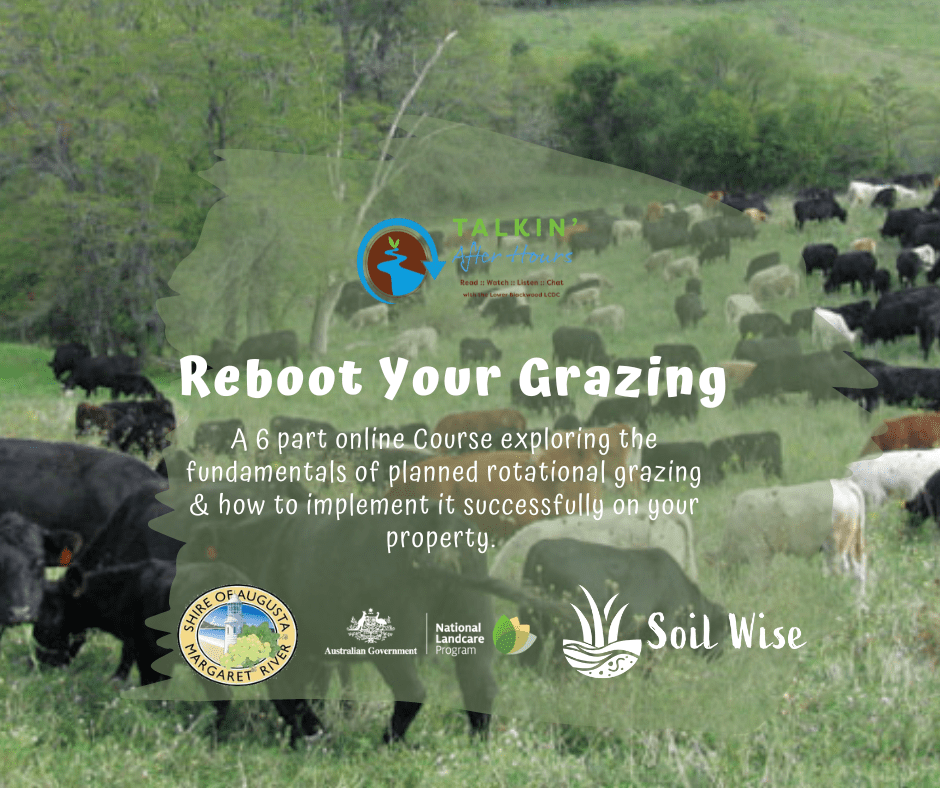
Reboot Your Grazing
A 6 part Online Course to learn the fundamentals of planned rotational grazing & how to implement it successfully on your property.
Presented by Dr Judi Earl, David Hardwick and the team from Soil Land Food, this course will deepen your understanding of how plants, animals, landscapes and people can all work together for resilience and productivity. You will also get tailored support to develop a Grazing Plan for your place.
The course consists of six by 90 minute Zoom Webinars, run once a week over 6 weeks. The course is limited to a maximum of 15 to allow for personalised attention to the participants from the course trainer. Recorded sessions will be accessible for catching up via Talkin’ After Hours, the Lower Blackwood LCDC’s Online Community.
Topics Covered Include:
- Session 1 Your Grazing Landscape – Part 1: we explore what are you managing – Climate, Geography, Water, Soil and Pastures. How much pasture can you grow? How grass and forbs grow. The effect of grazing intensity and frequency has on a plant’s biology and life cycle.
- Session 2 Your Grazing Landscape – Part 2: we look at how grazing influences landscape function, resilience and productivity. How grazing and vegetation influences energy flow, nutrient and water cycles, soil and biodiversity. The different approaches to grazing management – set stocking, rotational, planned, high density, time controlled, cell grazing etc. How the different approaches influence pasture dynamics. The key concepts behind successful ecological based grazing – herbage mass, growing and non-growing periods, stocking rate, carrying capacity, utilisation rate, pasture growth rates, stock density and recovery periods.
- Session 3 What ruminants need. We explore the nutritional requirements of ruminant animals – energy and nutrients, including protein. We also look at the rumen and how to feed it. Then we look at how to plan annual feed requirements to match animal needs to pasture growth annually and in key periods like calving etc. We cover supplementary versus substitute feeding and finally introduce the importance of epigenetics and dietary diversity in feeding behaviour, nutritional efficiency and adaptation of animals to your local grazing landscape.
- Session 4 Your Grazing Plan – Part 1: the management steps to success in planned rotational grazing. Monitoring your pastures: herbage mass: what it is, why it is important and how to measure it. Estimating and benchmarking herbage mass and pasture growth.
- Session 5 Your Grazing Plan – Part 2: Feed budgeting: working out how much pasture you need season to season for your enterprise. Planning for critical times, growing and non-growing seasons. You will start a Feed Budget for each of your paddocks and your whole property.
- Session 6 Your Grazing Plan – Part 3: Pulling it all together for your whole property. In this session we will help you start a Grazing Plan and fine tune your plan for success. Monthly, seasonal and annual planning. This session will include a Q & A session to get further questions addressed with Judi.
Course Logistics:
Course Dates:
- Session 1: Thursday July 18th, 4.00pm to 5.30pm
- Session 2: Thursday July 25th, 4.00pm to 5.30pm
- Session 3: Thursday August 1st, 4.00pm to 5.30pm
- Session 4: Thursday August 8th, 4.00pm to 5.30pm
- Session 5: Tuesday August 13th, 4.00pm to 5.30pm
- Session 6: Thursday August 22nd, 4.00pm to 5.30pm
Where? Once registered & paid you’ll be sent a link to the zoom sessions prior to each session.
Cost? $300 + GST.
This course forms part of the Lower Blackwood LCDC’s Regenerative Agriculture in Practice Program (RAPP) 2024, and is supported through the Shire of Augusta Margaret River Environmental Management Fund, and Soil Wise. Soil Wise is funded by the National Landcare Program Smart Farms Small Grants – an Australian Government initiative. It is supported by Healthy Estuaries WA – a State Government program.

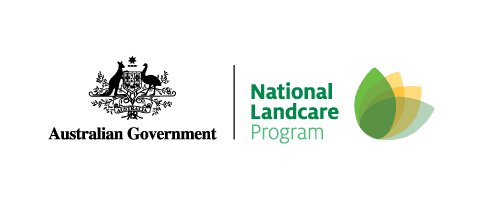
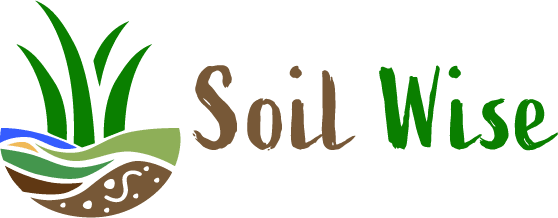
Speakers
-
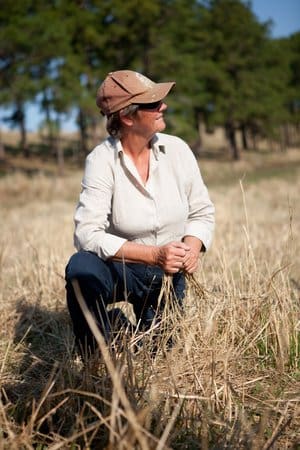 Dr Judi EarlPasture Ecologist & Holistic Grazing Trainer
Dr Judi EarlPasture Ecologist & Holistic Grazing TrainerJudi gained a PhD in pasture ecology when she conducted the first studies describing the benefits to pasture composition from planned grazing. She has extensive experience in how grasslands and pastures respond to grazing and fertility management and is a widely respected speaker on these matters.
Establishing the AIMS consultancy in 1998 and a Holistic Management™ educator since 2002,, Judi’s main area of interest is working with land managers to enhance the condition and productivity of their land through improved understanding of ecosystem function and more effective utilisation of available resources.
Judi showcases the capacity of grazing animals to regenerate land on her 454 hectare property, Glen Orton, in NSW.
-
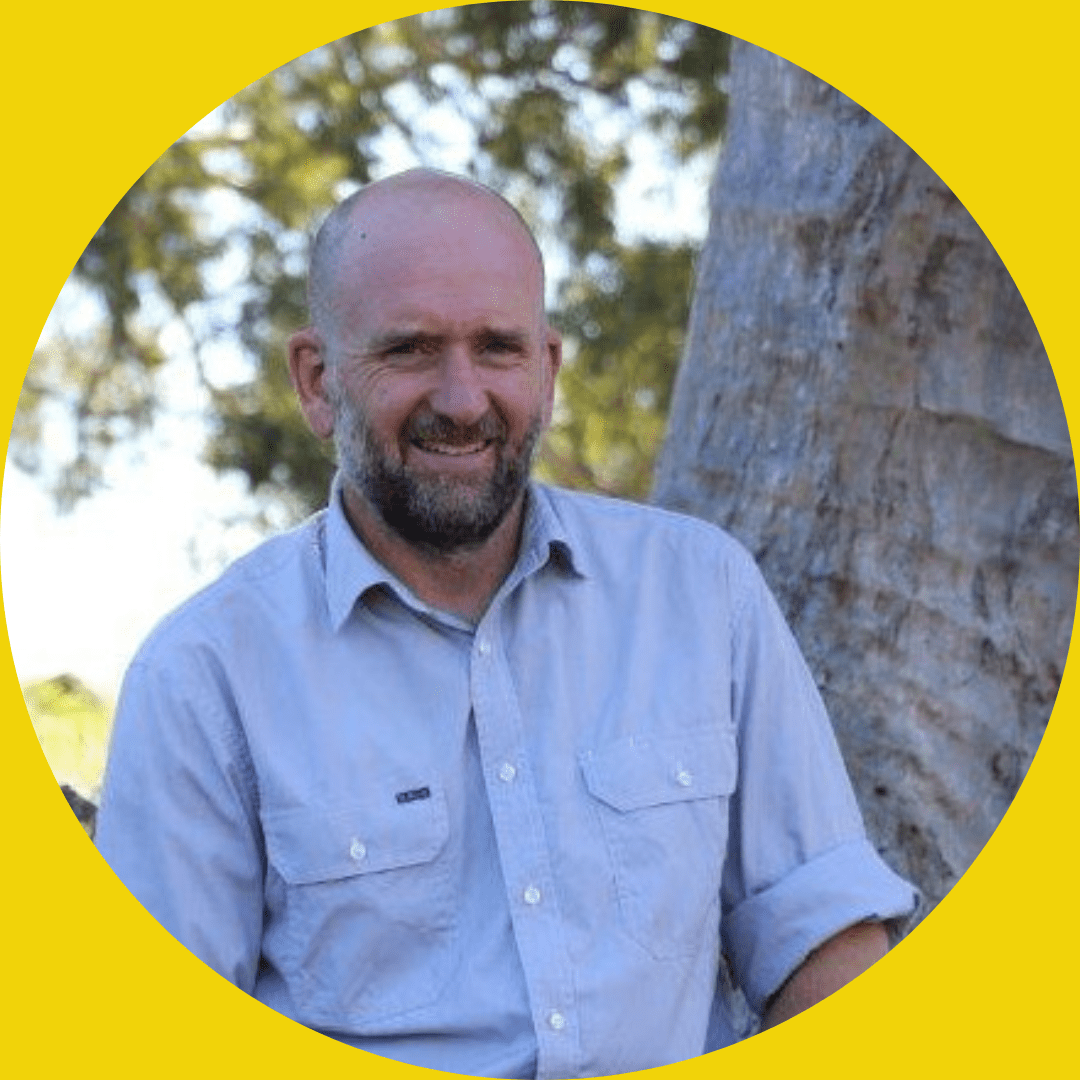 David HardwickAgroecologist, Founder & Owner, Soil Land Food
David HardwickAgroecologist, Founder & Owner, Soil Land FoodWHO IS DAVID HARDWICK?
David Hardwick, is an agroecologist & partner in the rural change management company Soil Land Food. David has over 20 years experience in rural landscapes, farming and food systems. He develops and delivers many of the extension projects for Soil Land Food across Australia. He worked in community development and then horticulture before completing a dairy traineeship on an organic dairy in NSW.
Since then he has had a wide ranging career working in both management and technical roles. These include Landcare extension, agronomy, soils, agribusiness, biofertiliser R&D and manufacturing, organics, training, and consulting positions. For many years he also helped run a regional farmers market business with his wife. He has also worked on rural cooperative and social enterprise projects. David also teaches soils, regenerative agriculture, farm planning and agroecology at TAFE NSW on a casual basis. David’s passion is agroecology and empowering farmers with knowledge and skills that make a difference!
David’s qualifications include:
Bachelor of Ecological Agriculture (University of Sydney)
Diploma in Agribusiness (TAFE NSW)
CIV in Training & Assessment
Grazing Land Management (Queensland DPI)
Natural Sequence Farming – Tarwyn Park Training

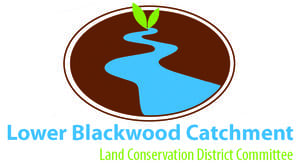
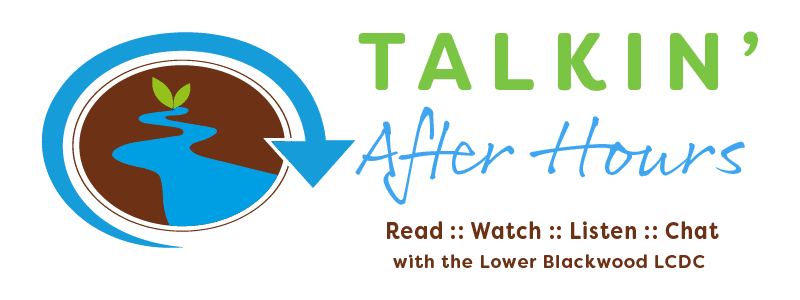
Responses